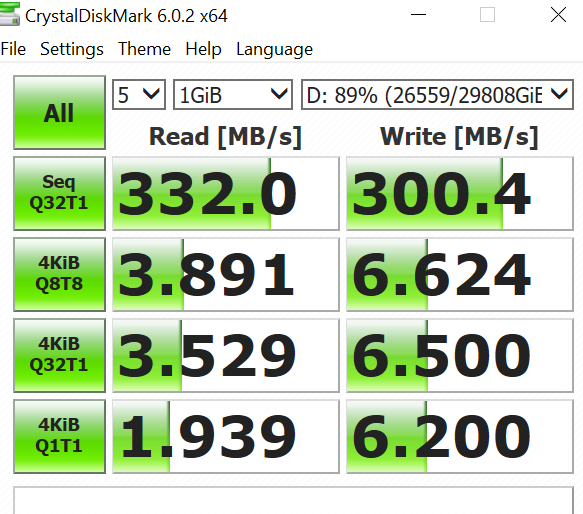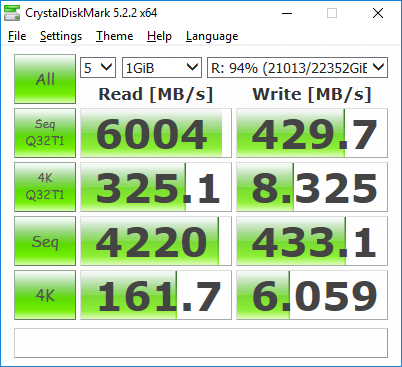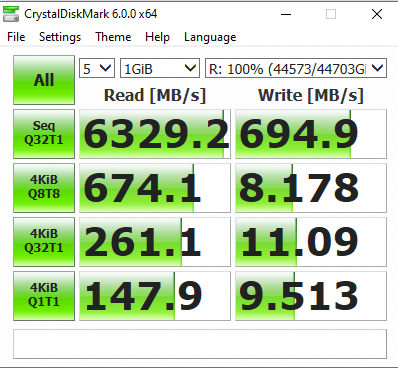I don't own this one, but I bought 5 8TB drives a few years ago for a NAS. By the time I use up that space, I'm sure there will be 20 or 30TB drives to replace the ones i have (and I rip my 4K disks (as well as non-duplicate Blu Ray disks) to MKV without any additional compression).Are people cracking these to throw in a NAS or something? I never understood what kind of normie would spend a decent chunk of money on a single large capacity spinning drive, to put all of their data on
By then, I'd need 8K media to fill up more than 2 or 3 disks (not counting parity).
![[H]ard|Forum](/styles/hardforum/xenforo/logo_dark.png)


